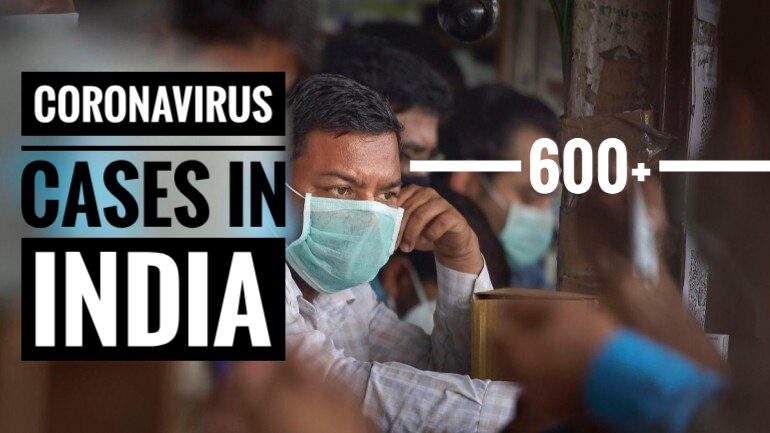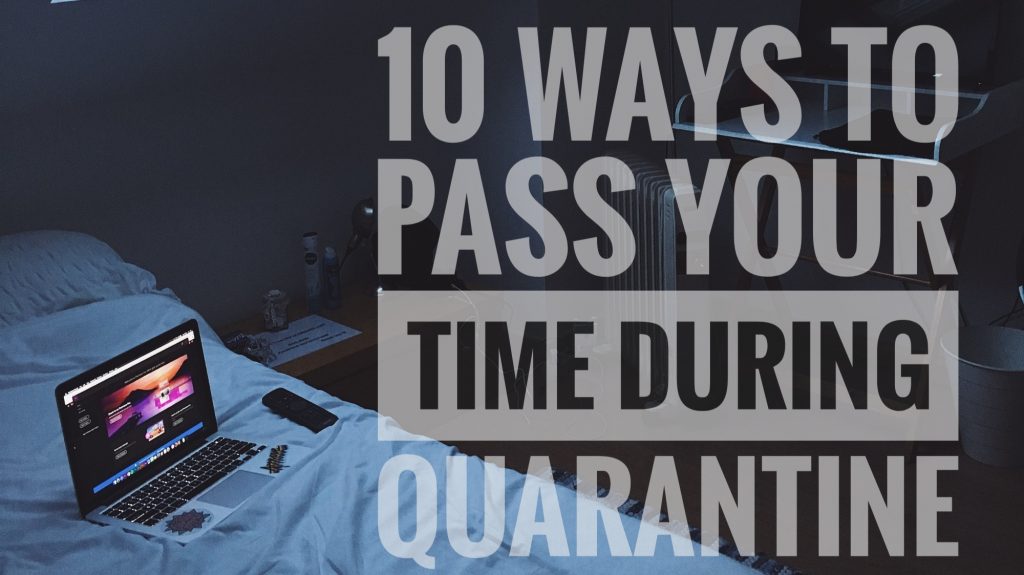The hashtag “COVID-19” hashtag on short video-sharing mobile application TikTok has over 17.3 billion views on its video. Whilst some of the videos posted are about people’s daily routines, lockdowns and working from home besides this some are diffusing misinforming and rumours about the pandemic Coronavirus. As per the fact-checkers, despite various efforts by social media companies, their platforms are full of misinforming posts about COVID-19.
A fact-checker said that such posts cannot be only found on TikTok but also on other social media platforms like Sharechat, Facebook, Instagram, WhatsApp and nearly any other platform which one can think of.
The posts on social media range from misinformation about cures and remedies, photoshopped versions of video clips from television news and even fake documents that resemble government notifications regarding lockdowns.
Heidi J. Larson, Director of the VCP, an interdisciplinary research group at the London Group of Hygiene and Tropical Medicine, wrote in the scientific journal Nature that Vaccine Confidence Project’s (VCP) social media monitoring team spotted 240 million digital and social media messages globally referring to Sars-Cov-2, with an average of 3.08 million messages per day between 1st January and mid-March 2020.
Rakesh Dubbudu, the founder of Factly, stated that the kind of posts can be categorised into five broad categories. He stated that categories include posts and articles about causes and symptoms, therapy cures for the disease — which are dominant in India, the spread of the virus, fake government documents and misrepresentation of comments, photos and videos of politicians, and conspiracy theories with communal angles.
He further added that misinforming posts related to the virus didn’t go about in the past month or weeks. Rather, such posts have been initiated since December 2019, although the posts were revolved around China. The posts centred in and about India began around February.
Factly is a fact-checking website in India approved by the International Fact-Checking Network (IFCN).
A senior fact-checker from another IFCN certified website in India said Misinformation can be at places you can’t even imagine”. Previously, fact-checkers used to see posts that would say by taking bath with hot water would safeguard people against the coronavirus and after some time they saw posts about a bomb blast in China which was claiming that the Chinese government was killing their citizens, he said.

The fact-checker said that there are even videos of people claims of contracting the virus, and are revealing how the virus can be contracted.
Further, he said that its quite difficult for fact-checkers to confute those videos because they’re coming from the outlying regions of the country.
To spot other identifiable elements, fact-checkers deem at the videos frame-by-frame. He said, “It’s all about the details,” the fact-checker said.
He also said“You might see a hoarding, a milestone or something else that lets you identify where the video is coming from. We then contact the police or other authorities of that area to ascertain the validity of the information in the video”.

